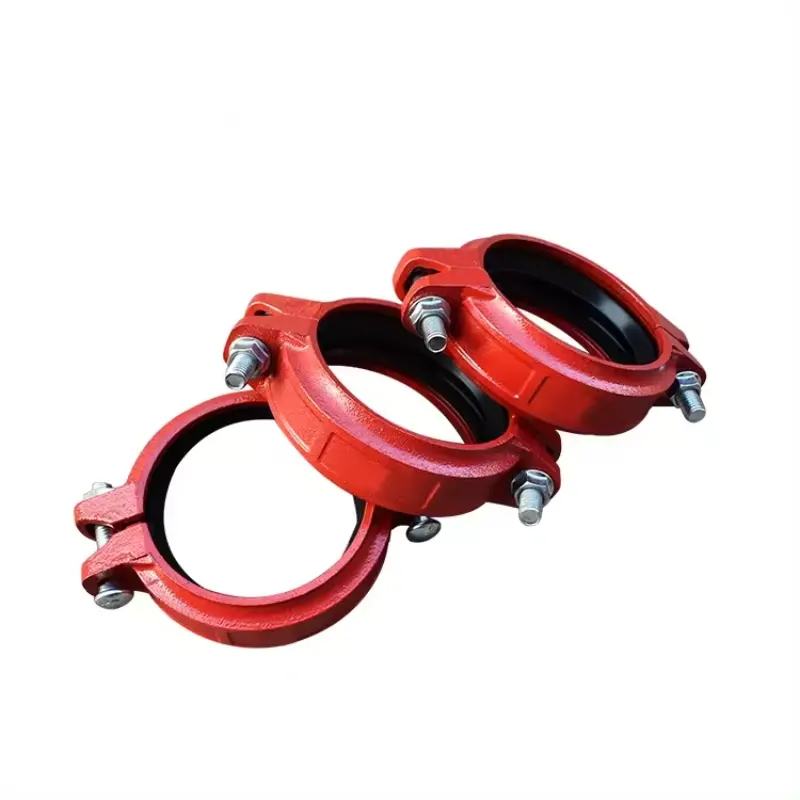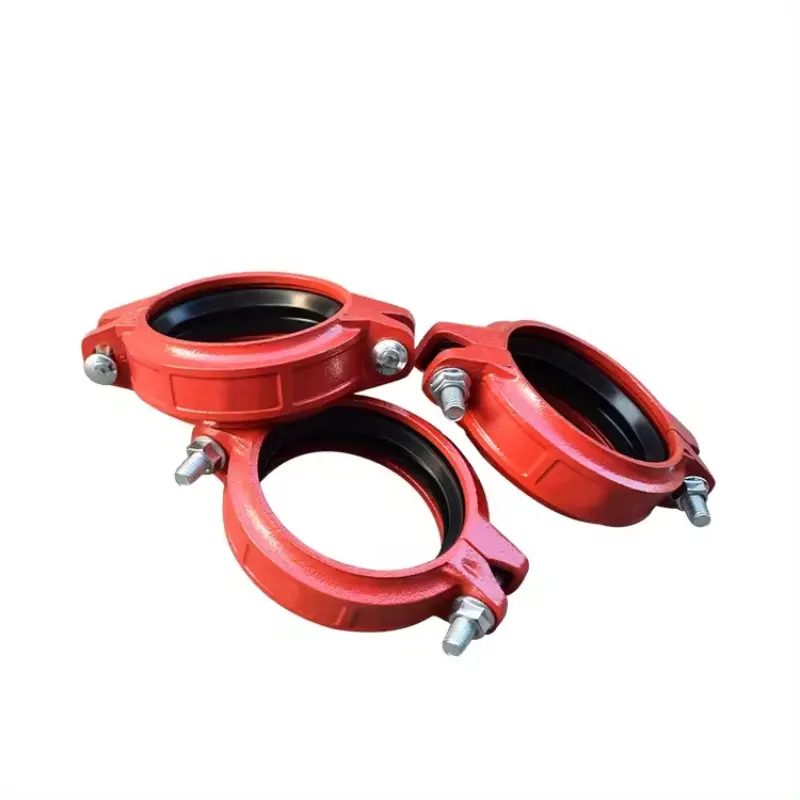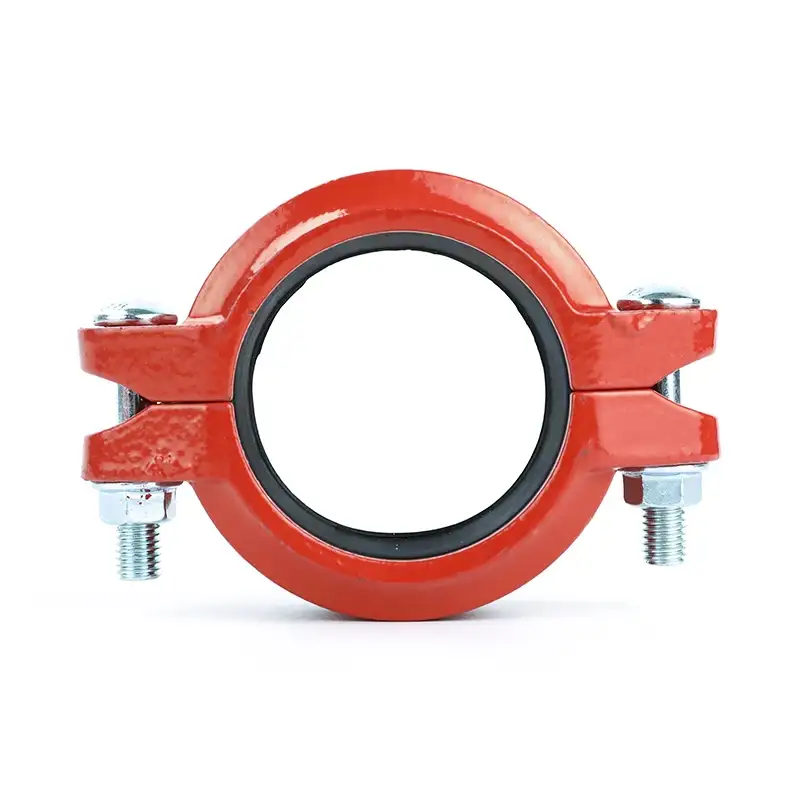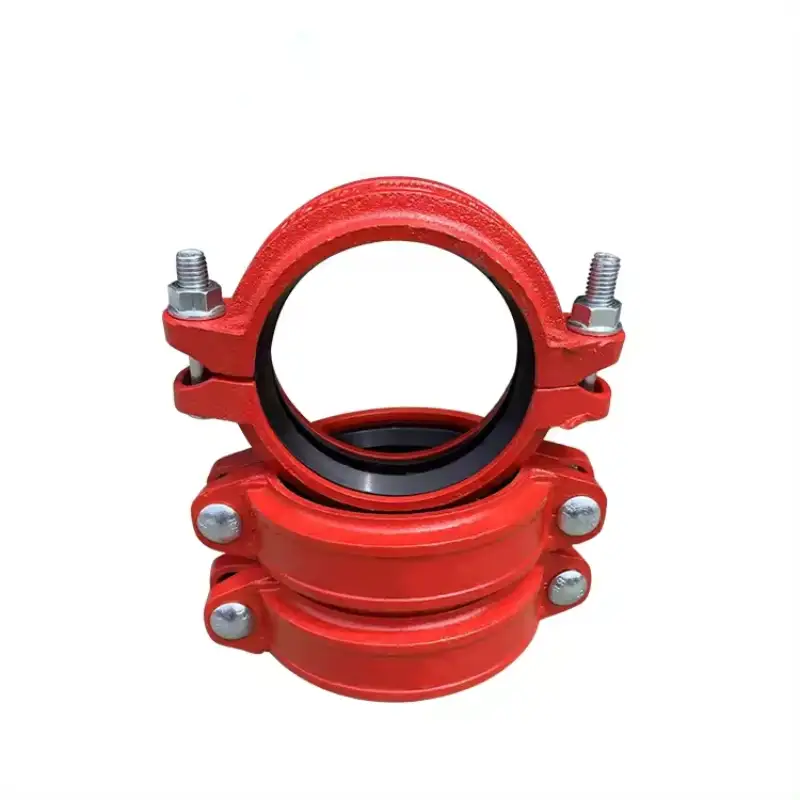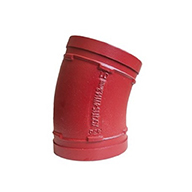Aluminum Rigid Coupling
- Rigid couplings serve as the backbone of this connection, offering precise alignment and robust torque transfer.
- The object simplifies handling, installation and maintenance procedures, reduces labor costs and increases operational efficiency.
- The lightweight nature of aluminum reduces shipping costs, while its ease of machining and availability contribute to overall cost savings in manufacturing and assembly processes.
- This corrosion resistance ensures longevity and minimal maintenance requirements, even in harsh operating conditions.
Product Description
The Strength of Aluminum Rigid Couplings
Aluminum rigid couplings are mechanical devices designed to connect two rotating shafts in a precise and inflexible manner. These couplings are crafted from high-quality aluminum alloys, renowned for their exceptional strength-to-weight ratio and corrosion resistance. Despite being lighter than steel counterparts, aluminum rigid couplings exhibit impressive durability and mechanical performance, making them ideal for a wide range of applications.
Precision Engineering for Optimal Alignment
The functionality of aluminum rigid couplings lies in their ability to ensure precise alignment between shafts, minimizing vibration, noise, and wear in mechanical systems. These couplings feature precision-machined bores, keyways, and set screws to securely grip shafts and maintain concentricity. This precise alignment is crucial for applications such as machine tools, pumps, and conveyor systems, where accurate positioning of rotating components is essential for optimal performance.
Advantages
- Lightweight Design: Aluminum’s lightweight nature makes it an attractive material for rigid couplings, especially in applications where weight reduction is desired without compromising strength or durability.
- Corrosion Resistance: Aluminum alloys are naturally resistant to corrosion, making aluminum rigid couplings suitable for use in environments where exposure to moisture, chemicals, or outdoor elements is a concern.
- Thermal Stability: Aluminum rigid couplings exhibit excellent thermal conductivity and stability, allowing them to dissipate heat effectively and maintain dimensional stability under temperature fluctuations.
Applications
1. Aerospace: In aerospace applications, aluminum rigid couplings are used in aircraft engines, landing gear systems, and flight control mechanisms, where lightweight components are essential for fuel efficiency and performance.
2. Automotive: In the automotive sector, aluminum rigid couplings connect drive shafts, axles, and transmission components in vehicles, contributing to improved fuel economy, handling, and durability.
3. Robotics: Aluminum rigid couplings play a crucial role in robotics and automation systems, connecting motors, actuators, and drive shafts with precision and reliability, enabling precise motion control and positioning.
4. Marine: In marine applications, aluminum rigid couplings are utilized in propulsion systems, steering mechanisms, and winches on ships, boats, and offshore platforms, where corrosion resistance and lightweight construction are paramount.
Please click, If you consider more detailed parameters

